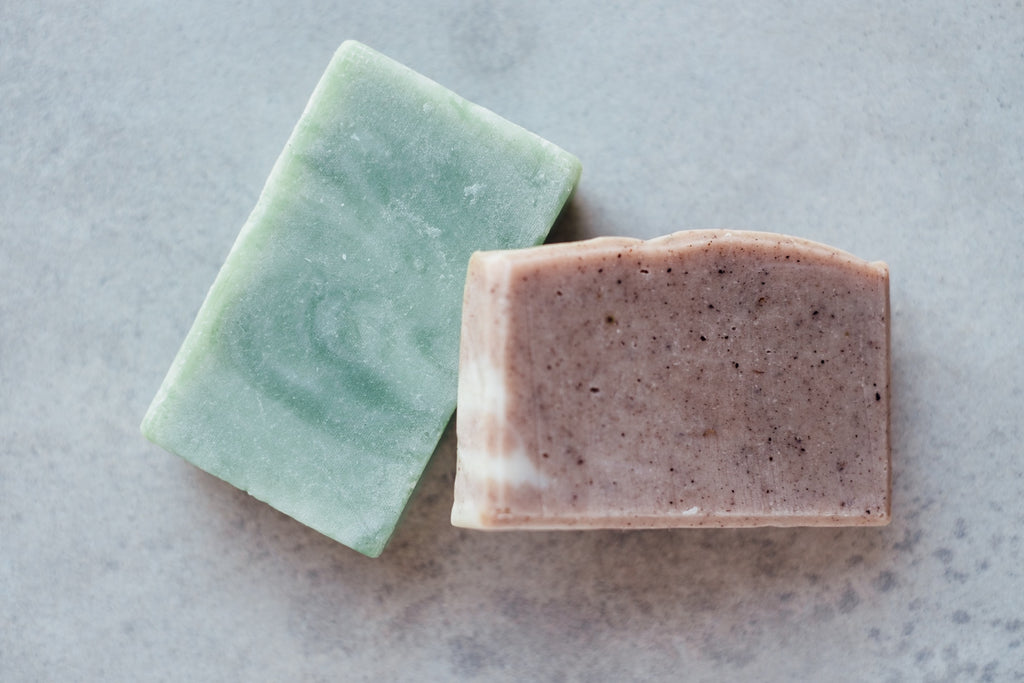Your Cart is Empty
Deals End - day : hours : minutes : seconds
Deals End - day : hours : minutes : seconds
Deals End - day : hours : minutes : seconds
Deals End - day : hours : minutes : seconds
Taking steps towards a more sustainable lifestyle can be overwhelming. Fortunately, recent awareness and innovations mean that we have access to products and tools that can easily enable eco-friendly living. To give you an idea, here are eight quick, sustainable swaps that will have a positive, long-lasting impact.
Convenience is great, and it has undoubtedly made our lives easier. But it’s taking its toll on the planet. Between single-use cups, plates, spoons, straws, and containers, some of our daily practices contribute to 400 million tonnes of annual plastic waste.
So, when you’re on the go, consider having the following with you:

The vast majority of our daily commutes are short. Like, less than six miles short. For quick trips to school, shopping, or the office, alternative transportation can help us save on gas costs and curb emissions.
In fact, taking a stroll or hopping on a Blix instead of jumping behind the wheel can significantly impact our ultra-short trips (less than one mile). If just half of Americans left the car keys at home for short trips, it would have the annual impact of removing 400,000 cars off of American roads.
Plus, we don’t need to tell you how beneficial a daily walk or ride is for your mental and physical health!
Making some quick, eco-friendly swaps with our food can also have a positive impact on our health. Often, you’ll save on your food bill, too.
Regarding all packaging, 50% of it goes to food products. When we finish a bag of chips or polish off a candy bar, that plastic ends up in our environment—where it takes around 1,000 years to degrade, releasing microplastics in the process.
Instead of a trip to the grocery store, consider:

Americans are by far the biggest global consumers of paper towels. Unfortunately, our “quicker picker uppers” are just as quick to cut down forests. We wipe up 13 billion pounds of paper towels annually—wiping out around 270 million trees every year!
We all have old t-shirts and fabric scraps lying around. So, if you want a quick, sustainable swap that can be done ASAP, turn them into your replacement for paper towels.
In addition to reusable Swedish towels and cotton cloths, your old high school track shirts can become a sustainable way to clean up spills and wipe down surfaces. They can be washed and reused for years, saving a lot of paper towels in the process.
The average American purchases around 167 plastic bottles annually. Not only does this contribute to plastic pollution, but it can rack up a cost of around $17,000 throughout a lifetime!
Have a trusty water bottle by your side, and you won’t have to worry about plastic that might impact ecosystems and harm marine animals.
For peace of mind in each sip, you also won’t have to worry about bisphenol A (BPA) or other chemicals, like phthalate ester plasticizers. You’ll probably find yourself drinking more water, too.

Say “no” to paper and plastic by always having a reusable bag in your purse or car. They can withstand many years of shopping and carry much more than their plastic counterparts.
An average bathroom contains a lot of plastic. Between toothpaste tubes and shampoo, single-use packaging has become the norm. But in most cases, plastic is a suitable way to contain these products because one of their key ingredients is water.
But isn’t it silly that personal care products are made with water when we can add our own in the shower, bath, or sink?
Many companies have started to think so, which is why water-free, plastic-free versions have emerged.
Next time you need something new for the bathroom, consider these swaps:

Ultimately, the best sustainable swaps are those you develop on your own. Eco-friendly living is a good reason to take stock of your life and everything in it.
Is your home filled with items you genuinely treasure or products from late-night online shopping purchases? Are you getting outdoors often, or do you usually find yourself with a pint of ice cream and new TV series? Does a big purchase have you working overtime hours when you’d rather be with loved ones?
The most important thing we can do for our planet is to begin saying “no” to things we don’t need. You’ll likely find that doing so creates space for living a more intentional, fulfilled, happy life.
At Blix, your well-being and that of our planet are at the forefront of everything we do. We hope this article helps you realize that quick, sustainable swaps aren’t just good from an environmental perspective, and they can provide financial, health, and spiritual benefits, too.
